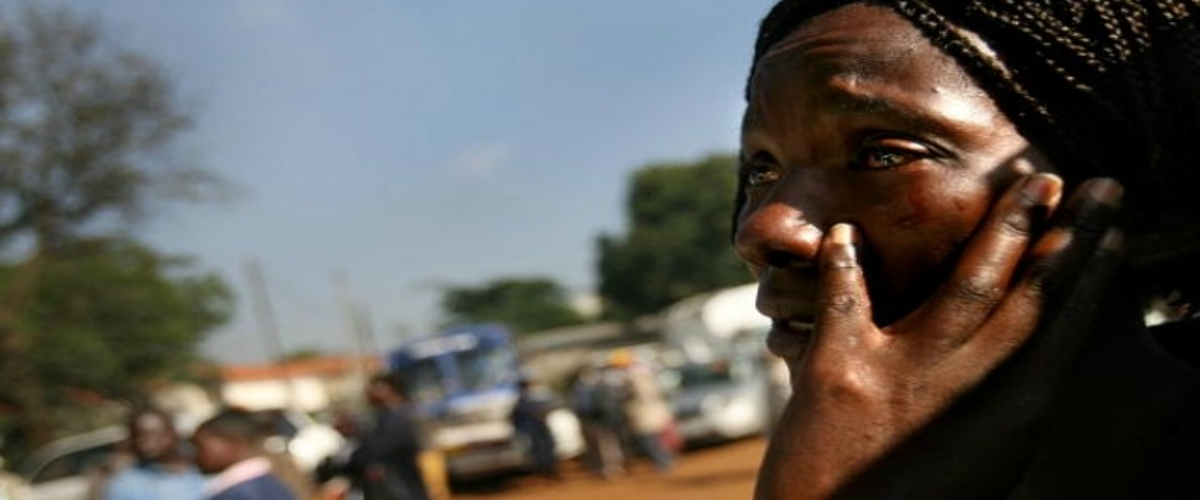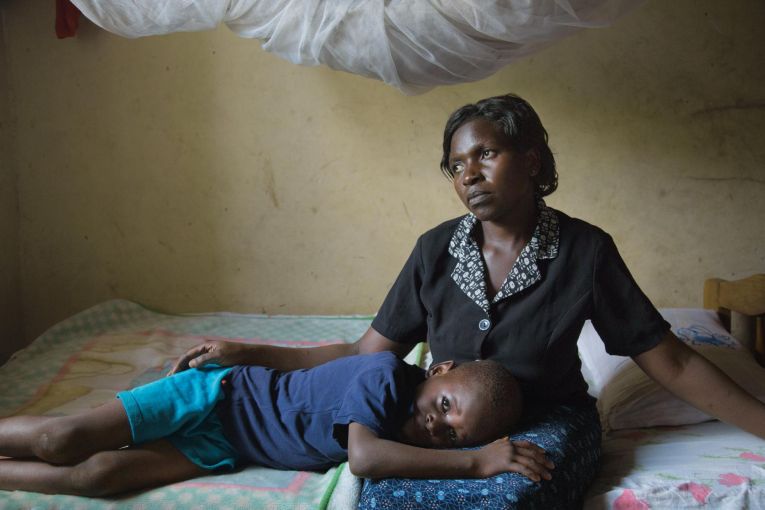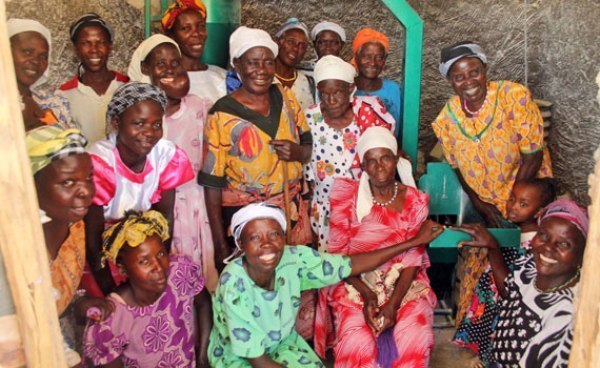The death of a spouse is usually a devastating experience for any woman. It is often marked with grief and emotional distress.
In many places around the world, a widow has certain rights that the law would confer on her. The law may intervene, even in spite of a ‘last will in testament’, and especially where young children are involved, to ensure they have some degree of comfort and, are provided for, if it is deemed possible or necessary in the circumstance. The widows of Kenya, however, are not so fortunate. This because the path following the death of a spouse is predefined by customs.
These customs many believe are not only unfair but jeopardise the health, emotional, physical and psychological welfare of the widow and her children. Widows suffer the indignity of being sexually and emotionally compromised; even facing death in circumstances where they refuse to participate in these old customs.
In Kenya, it is the custom that when a man dies, his brother or another male relative inherit his land. That often leaves his widow homeless and struggling to provide for her children. Widows find themselves kicked out of the family home, sometimes within months of the husband’s death – and even with very young children to care for. This is only one of the reasons Kenya is regarded as one of the worst places to become a widow.
Why is Kenya the worst place to become a widow:
In Kenya, widowhood is a process characterised by rituals, customs, forced remarriages, harassment, rejection, loneliness, poverty, loss of status, fear of the future and depression.
In the Luo culture, in particular, widows are encouraged to get a surrogate husband. This practice is called ‘widow inheritance’ – she, however, remains the property of her deceased husband until she participates in a ‘cleansing’ ritual, commonly called ‘widow cleansing’. A widow is deemed unclean unless she has sexual intercourse with a male relative of her late husband or another chosen male. Many widows are forced to take part in the local custom, which sees her being ‘inherited’ by the family of her late husband or another male; sometimes even a stranger. In other circumstances, widows feel compelled to participate in a ‘widow cleansing’ ritual because of they fear the consequences of rejecting the custom.
What we do and aim to do:
- Widows are vulnerable to exploitation because they often aren’t aware of their property rights. We educate them on their rights and where to get help.
- The widows in most cases cannot afford legal fees, making it hard for them to go through the legal process. As such we appeal to traditional local administration, such as councils of elders to mediate in cases of injustices.
- We liaise with other organisation that can lend support to widows.
- We provide widows with emotional and financial support, mentorship, and training, especially young uneducated widows and orphans.
- We help widows without shelter to put up houses on their land.
- We provide widows with food and assist with school fees.
- We help widows to grow food to feed their families and sell remaining foods to make an income.
Too many widows live in fear and often feel hopeless and helpless and that no one hears or cares about their plight. We see, hear and administer to many of these widows in their distress and we experience the tremendous changes in outlook and the joy and gratitude when they have achieved some measure of success.



